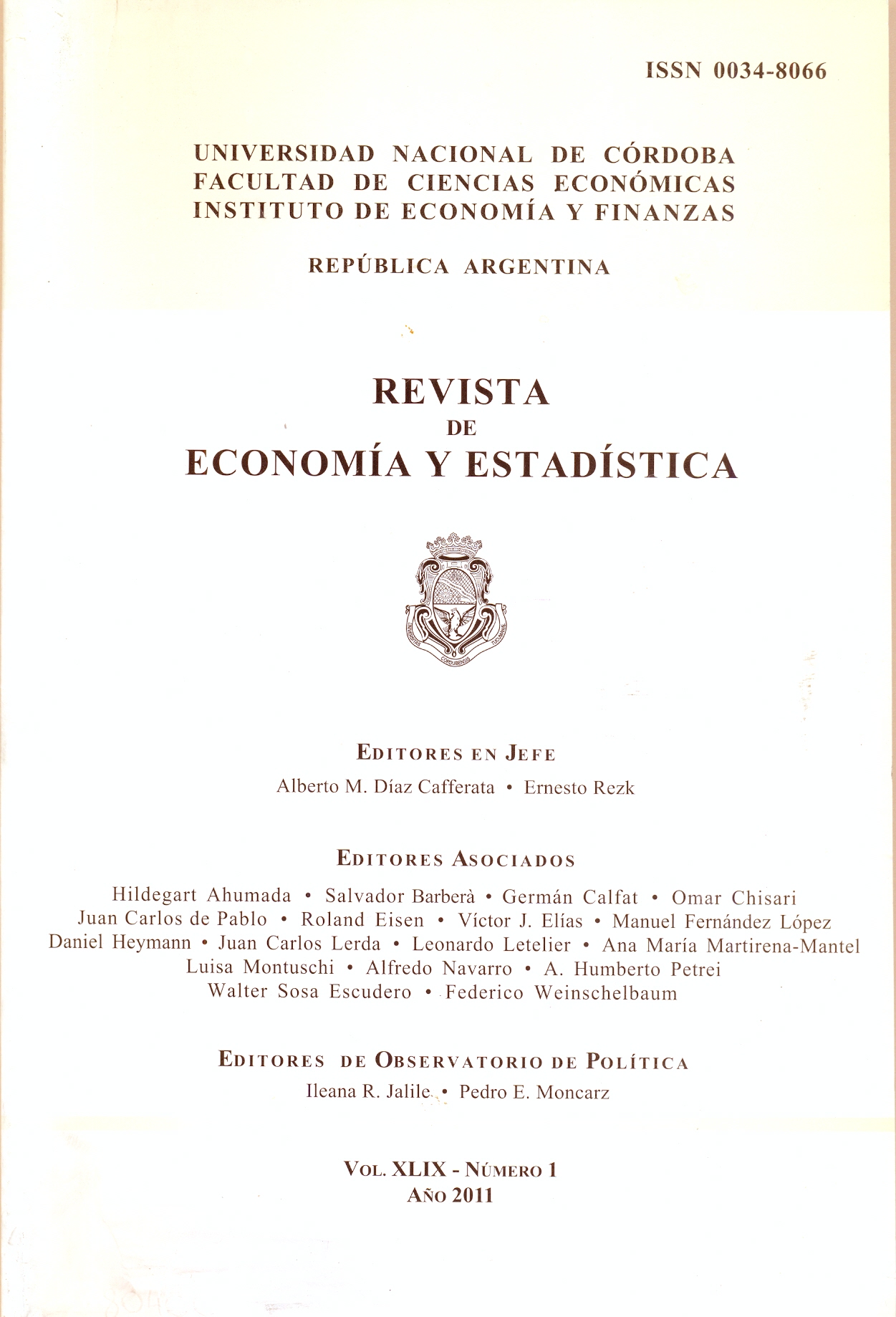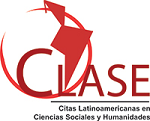Generalised mixed models for the study of unemployment in the large urban agglomerates of Argentina.
DOI:
https://doi.org/10.55444/2451.7321.2011.v49.n1.6510Keywords:
employment status , generalized linear mixed models, marginalized mixed modelsAbstract
The aim of this analysis is to identify the socio-economic and demographics risk factors that affect the employment status in the main Argentine’s urban areas by a Generalized Linear Mixed Models. In this article, we present a technique to estimate a logistic model which has the possibility of include fixed or random effects. In addition, it is possible to make the marginalization of the results in order to evaluate the marginal average evolution induced by the mixed model. The procedure is illustrated by using data from the Permanent Household Survey for the period 2004-2005. The results in this study provided similar findings to the above in a previous study in which we worked with a marginal model.
Downloads
Downloads
Published
Issue
Section
License
Copyright (c) 2011 Fernando García, Margarita Díaz

This work is licensed under a Creative Commons Attribution-NonCommercial-NoDerivatives 4.0 International License.
Authors who have publications with this journal agree to the following terms:
Authors retain their copyright and grant the journal the right of first publication of their work, which is simultaneously subject to the Creative Commons Attribution-NonCommercial-NoDerivatives 4.0 International License that allows third parties to share the work provided that its author and first publication in this journal are indicated.
Authors may adopt other non-exclusive licensing arrangements for distribution of the published version of the work (e.g. depositing it in an institutional telematic archive or publishing it in a monographic volume) as long as the initial publication in this journal is indicated.
Authors are allowed and encouraged to disseminate their work via the Internet (e.g. in institutional telematic archives or on their website) before and during the submission process, which can lead to interesting exchanges and increase citations of the published work. (See The Open Access Effect)










